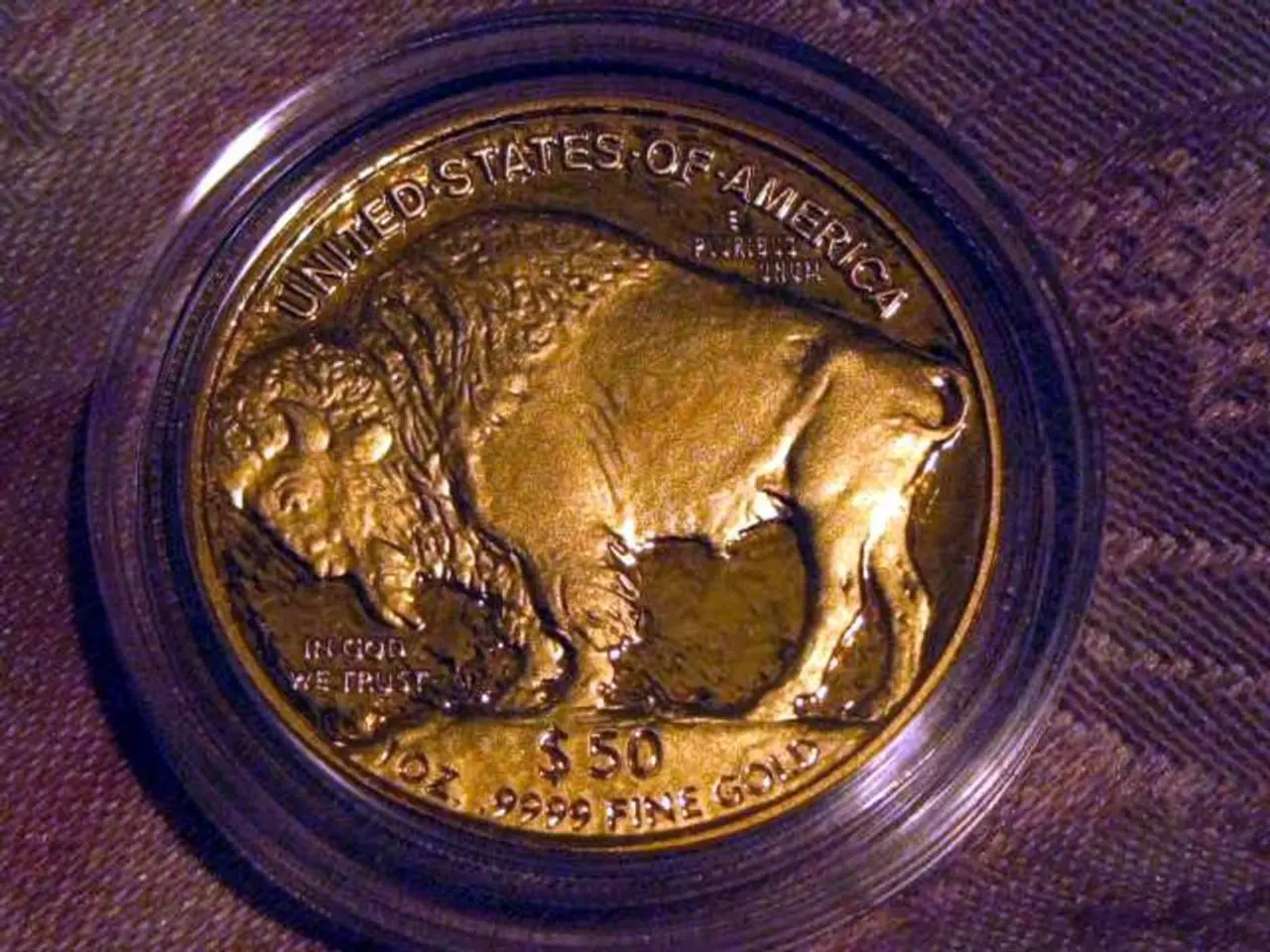Impact of the U.S. Strategic Bitcoin Hoard on the Cryptocurrency Market
The U.S. government announced the establishment of a Strategic Bitcoin Reserve in March 2025, marking a significant shift in the narrative of Bitcoin. This move has caused a change in the landscape of cryptocurrency, transforming it from a commodity primarily traded to one that is now stockpiled.
After the announcement, trading volumes increased, and the price of Bitcoin experienced a steady jump, moving away from the wild, erratic spikes typically associated with the digital asset. The creation of this reserve has tightened the scarcity of Bitcoin, as coins in the reserve do not move and are removed from circulation.
The fixed supply of 21 million Bitcoin means that every locked wallet makes the remaining Bitcoin more valuable. This scarcity, combined with the strategic holding by the U.S. government, may lead to a trend of decreasing volatility over time, as long-term holding by sovereign actors becomes more prevalent.
The floor may rise due to the unwillingness of large players to sell below a certain point, creating psychological support. Risk premiums might shrink, especially if more countries follow suit. Liquidity is expected to improve with deeper participation and a more predictable base of demand.
The creation of a Strategic Bitcoin Reserve by a major economic power has raised questions about regulation and accountability. Governments are compelled to acknowledge the importance of digital assets, and regulation will evolve and markets will adapt as Bitcoin becomes more mainstream.
Comparing Bitcoin to traditional reserves like oil or gold is inaccurate and oversimplified, as they operate under distinct regulations and exist in distinct realms. Bitcoin now serves not only anarchists, traders, or tech enthusiasts, but also nations.
The move by the U.S. government to establish a Strategic Bitcoin Reserve has caused Bitcoin to be treated with the same seriousness as oil reserves, foreign currencies, and strategic metals. Bitcoin is being treated as a form of insurance policy and a neutral reserve asset.
The direction is clear: Bitcoin has weight now, extending to the political, cultural, and financial spheres. As more nations consider similar moves, the outlaw era of cryptocurrency may not be over, but it is certainly entering a new chapter.
In conclusion, the U.S. government's Strategic Bitcoin Reserve has brought a new level of legitimacy to cryptocurrency, signalling a shift from a volatile, speculative asset to a more stable, strategic one. The landscape of Bitcoin has changed, and it will be interesting to see how this development unfolds in the coming years.
Read also:
- Nightly sweat episodes linked to GERD: Crucial insights explained
- Antitussives: List of Examples, Functions, Adverse Reactions, and Additional Details
- Asthma Diagnosis: Exploring FeNO Tests and Related Treatments
- Unfortunate Financial Disarray for a Family from California After an Expensive Emergency Room Visit with Their Burned Infant








